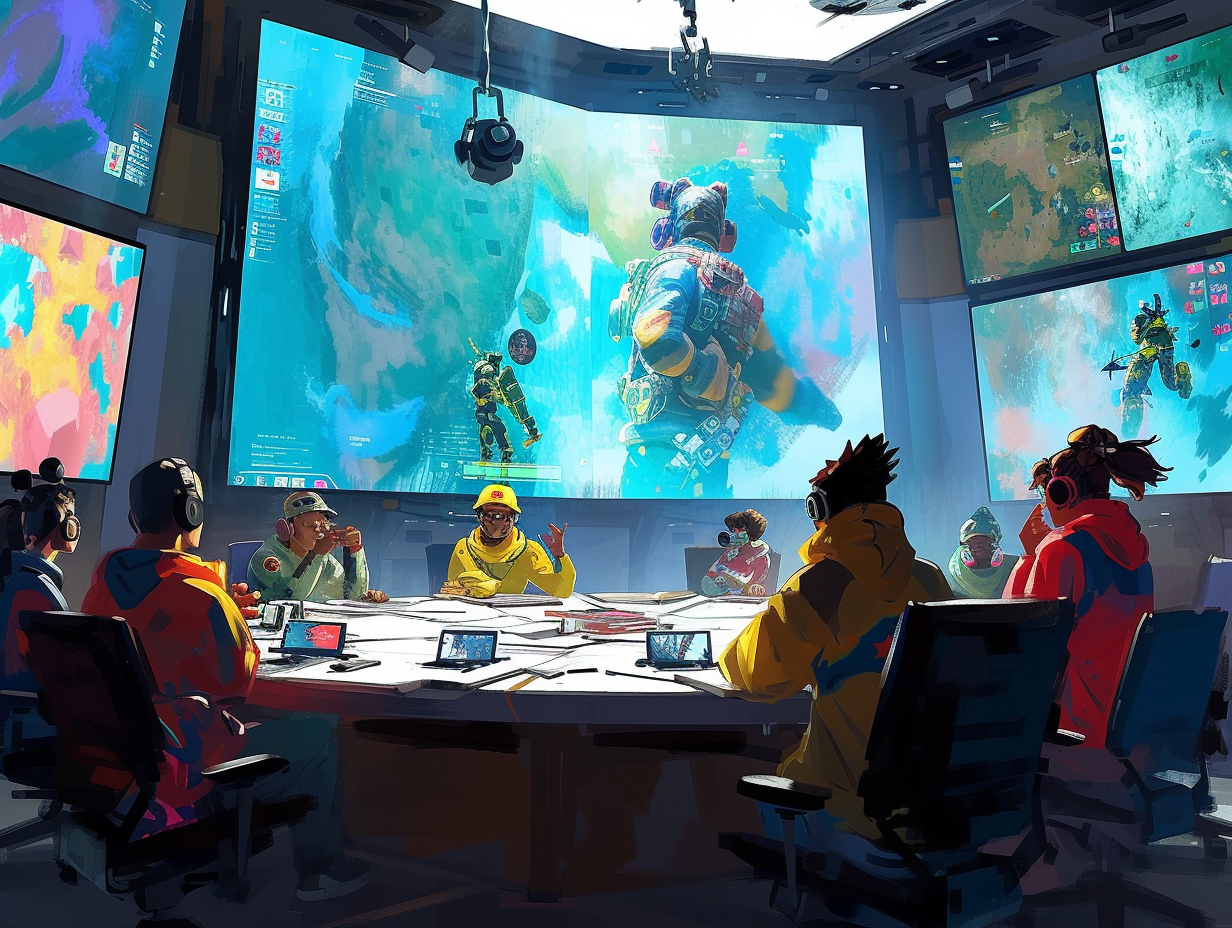Future Talks
Future Talk - Design With Values¶
Too Long Didn’t Read
In our Future Talks seminar on design with values, led by Olga and Jessica from the Distributed Design Platform, we explored the importance of globally connected, locally manufactured design methods. The platform promotes open-sourcing ideas and creating distributed knowledge bases to enhance sustainability and innovation. A key activity involved using the Reflection-Tree tool to evaluate our projects, helping us see areas for improvement and ensuring our designs are socially and environmentally regenerative. This approach resonated with me, highlighting the potential for collaborative, open-source design to drive positive change.
Introduction¶
Our first Future Talks seminar session on design with values given by Olga and Jessica from the Distributed Design Platform. The platform promotes globally connected locally manufactured design methods, aiming to ship data instead of products. I really resonated with the idea of distributed design and the platform’s network and outreach program. We learned about creating distributed knowledge bases and the importance of open sourcing ideas and technology for a more sustainable world.
We then participated in a reflection exercise to evaluate our own project or a project from the past using a framework provided by Distributed Design. I think it’s a valuable tool to see projects from a different perspective and plan for improvements.
Reflection¶
What are the key takeaways from the activity?
I think for me the two key takeaways that I took from the class were:
- That we can (as in it is possible in a way that is both easily accessible, well managed and interesting) create these distributed knowledge bases that allow people to build off of each other’s work in way that contributes both to implementing solutions to problems at a much faster rate and speeds up research & innovation
- And that open sourcing ideas and technology is really one of the best ways we can contribute to a better more sustainable world because it means people can have access to these ideas and in areas and situations that they might not necessarily have the opportunity to do so.
Could you provide an open reflection on the tool Reflection-Tree?
I thought this was a really interesting and great way of being able to review past work. Giving you the space to ask yourself how would you create the 2.0 version of whatever past project you’re working on, as it allows you to see where you’re doing well and then gives you pointers, resources, instruction and questions that get you thinking about how to improve your projects.
i.e.
- How is it socially regenerative?
- Is it environmentally sustainable?
- How is it regenerative?
- Is it open source enough by being repairable or manufacturable in multiple localities instead of just one?
I used it to re-evaluate my Bachelor’s thesis project “CARA”, and it allowed me to see it from a very different perspective and to change how I would want to go about creating the second version of it later down the line.
I think it’s especially good because it also helps you see where a project you’re currently working on is falling behind in certain aspects (I mean, you’re never going to be able to do well on all of the aspects, as sometimes that might mean that project isn’t viable to do).
Overall I think it’s a helpful tool for finding balance between people, planet & profit and I want to keep using as part of my design arsenal.

 Distributed Design Platform Reflection Tree.jpg)